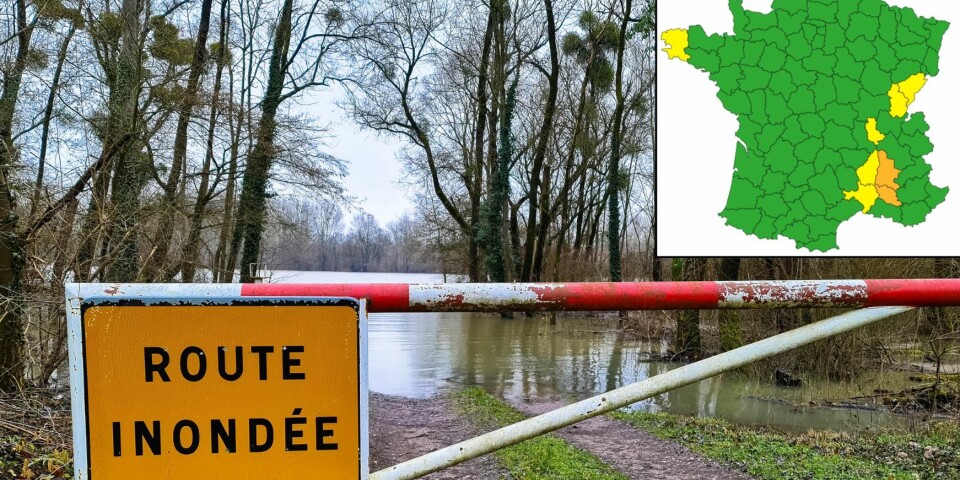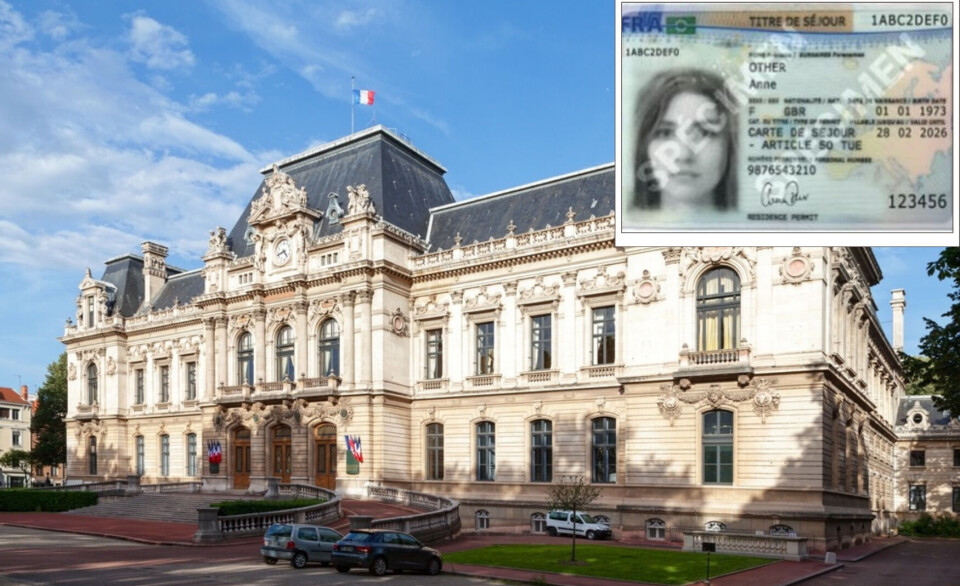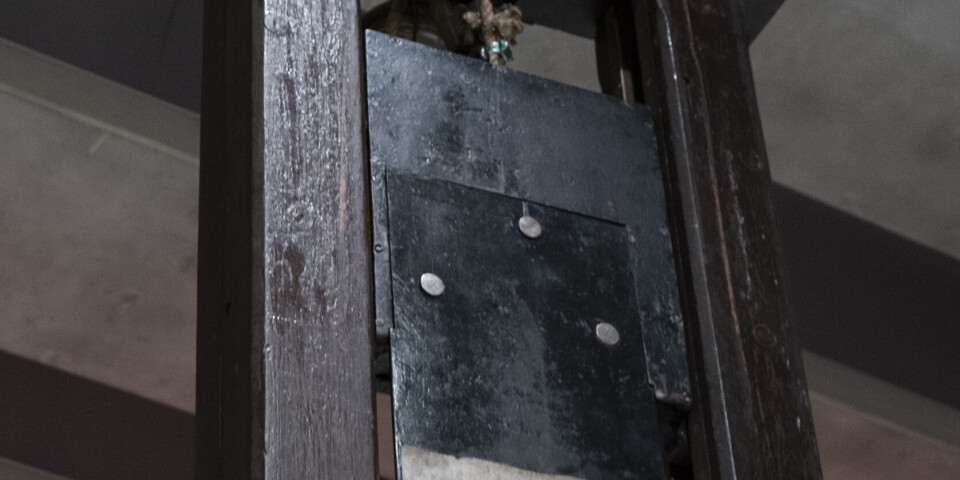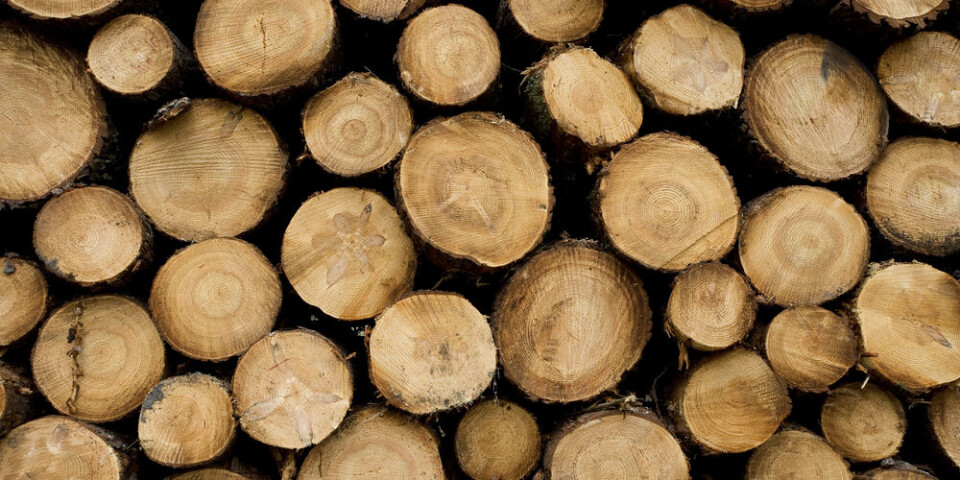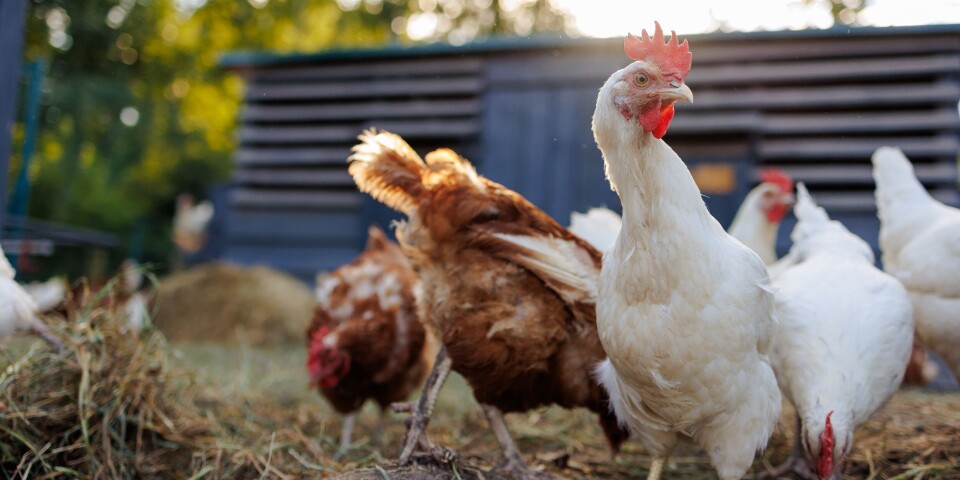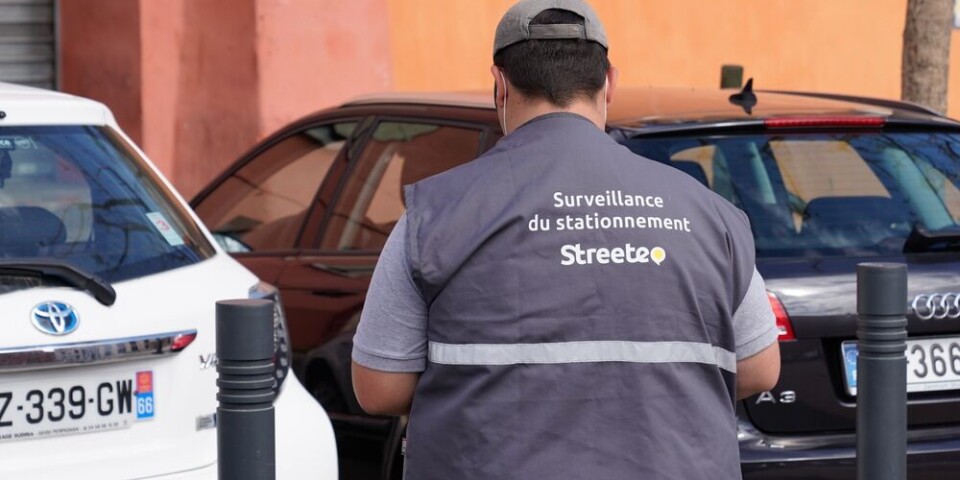-
Five more arrests but jewels still missing in Louvre raid
Vast gap between the extraordinary nature of the arrests and the ordinariness of our client, say lawyers defending robbery suspect
-
Photos: €4 million French chateau has €1 million auction start price
American couple are selling historic property near Cannes due to job change. It needs renovation work
-
Woman to receive medal after scaring off suspected attacker on French train
The incident happened on an RER in the Paris suburbs this month
France boosts eco renovation: How to benefit
The French government has increased funding to a scheme that could see homeowners reimbursed up to €20,000 on eco-friendly renovations. We explain what it is, who is eligible, and how to get it.

This week, the government announced details of its €100 billion economic recovery plan – known as France Relance, which is aimed at helping the country recover from the effects of the coronavirus crisis.
As part of that budget there is to be a €2 billion financial boost for the MaPrimeRénov scheme. In addition, the funding will be made available to everyone in France, regardless of their income, from January 1, 2021.
What is MaPrimeRénov
Launched on January 1, 2020, MaPrimeRénov was created to replace the crédit d'impôt pour la transition énergétique (CITE) and the Habiter Mieux Agilité fund from the Agence Nationale de l'Habitat (Anah).
It provides funding for renovations to properties related to improving aspects such as insulation, heating, or ventilation, or can be used to pay for energy audit work.
A full list of which works can be funded can be found here (in French).
Who is eligible?
Currently, the scheme is in place for households falling under certain means thresholds, as defined by the national housing renovations body Anah. These are for “very modest” households: €14,879 for a single person (€20,593 in Ile-de-France), €21,760 for a couple (€30,225 Ile-de-France); or for “modest” households: €19,074 (€25,068) for a single person, or €27,896 (€36,792) for a couple. For other family sizes, see: www.economie.gouv.fr/particuliers/prime-renovation-energetique.
From January 1, 2021, these caps will be removed and the grant will be available to people of all incomes. CITE will therefore be ended.
MaPrimeRénov will also be available to landlords, co-owners of properties - within a dedicated framework titled ‘MaPrimeRénov co-ownership’, and public buildings.
Economy minister Bruno Le Maire explained why the government decided to open up the scheme to include wealthier households.
“The Fédération [Française] du Bâtiment informed us that...50% of renovations are carried out by the [top 20% of earners], so if you exclude wealthier people from benefiting from this premium, it won’t work,” he said in an interview with BFM TV.
The renovations are available for all houses regardless of their energy performance rating (Diagnostic de performance énergétique).
However, bonuses will be paid out to properties that fall under the classification label F or G, deemed passoires thermiques (energy sieves) by the government.
In France, 4.8 million households fall under this category, data from the Ministère de la Transition Écologique et Solidaire shows.
How much can I get?
The total amount of funding obtained through the MaPrimeRénov' scheme may not exceed a maximum threshold of €20,000 per household over a five-year period. The premium must be used over a period of five years.
Households currently ineligible to apply - due to the income threshold still in place until the end of the year - will be able to do so from 1 January, 2021.
The MaPrimeRénov grant can also be used in conjunction with certain other grants.
Since March 2016, the CITE was able to be used alongside an interest-free eco-loan (l’éco-prêt à taux zéro or eco-PTZ), without conditions. As MaPrimeRénov replaced the CITE, the same rule applies.
On the other hand, MaPrimeRénov cannot be combined with other Anah grants.
How can I get the money?
If you qualify, you need to apply before having the work done, by creating an account at www.maprimerenov.gouv.fr
You will need to supply an estimate from a firm, a scan of an identity document and, if you are applying before January 1, information on your taxable income (eg. an avis d’impôt).
If the dossier is accepted, you can have the work done and the payment is made to you after you send a facture (invoice) from the firm.
The firm completing the work must have the RGE (reconnu garant de l’environnement) eco-label. You can find examples here: https://www.faire.gouv.fr/trouvez-un-professionnel. You can find out more about RGEs in the October print edition of Connexion.




